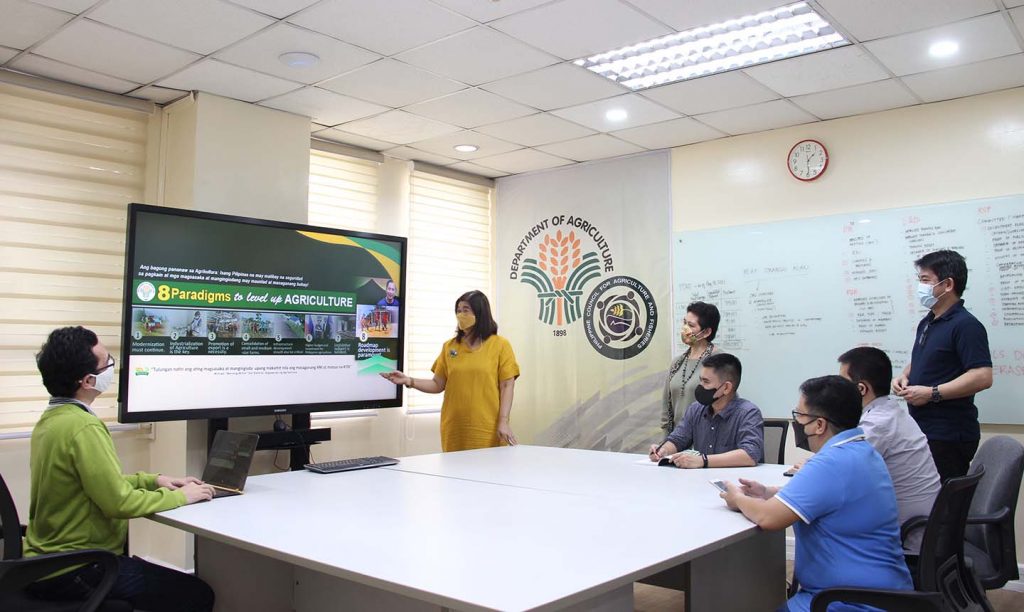
The Philippine agriculture faced numerous challenges this year. However, the sector is determined to show resilience through collective efforts from the government agencies, private sector and local government units that led to breakthroughs and reforms in the industry which contributed to Department of Agriculture (DA) Secretary William Dar’s twin goals: Masaganag Ani at Mataas na Kita.
The Philippine Council for Agriculture and Fisheries (PCAF), through the Innovative Consultation on A&F Policy Reforms and Engagement or iCARE program, has elevated the engagement of private sector-stakeholders in addressing food security and resiliency in the country.
The agency inspired actions to achieve DA number eight paradigm on roadmap development through mobilization and empowerment of private sector-partners with the whole OneDA family in crafting the Commodity Industry Roadmap.
PCAF, as DA’s participatory arm, is tasked to ensure the active participation of stakeholders and government agencies and facilitate and provide full secretarial support in the consultation activities for each commodity program. It also facilitated special meetings with the different National Banner Program Committees, wherein part of the agenda was the development of CIRs for submission to the Office of the Secretary.
The agency also intensified its policy advocacy to address issues and concerns in the sector which resulted to 1,251 virtual consultations and meetings of the Agricultural and Fishery Councils (AFCs) from the national, regional, provincial and municipal levels to discuss pressing matters in the agriculture and fishery sector, particularly in ensuring sustainable food value chains, food supply, food prices stability and access to farm inputs. The efforts also resulted in 36% approved policy recommendations from the AFCs. These recommendations were being implemented by concerned DA operating units and non-government agencies.
Moreover, PCAF, as a credible hub for accreditation that professionalizes and promotes transparency in the Department, jumpstarted the active participation of private sectors through the Civil Society Organization (CSO) accreditation and guided co-implementation across the National Banner Program and Regional Field Offices.
As of this writing, there are 406 accredited CSOs, of which, 215 are co-implementers of DA programs and projects.
Aside from these, pursuant to the Agricultural and Fisheries Mechanization or AFMech Law, PCAF facilitate the accreditation and classification of 101 Agricultural and Fisheries machinery assemblers, manufacturers, importers, distributors and dealers, and the evaluation of the performance of 29 constructors of ongoing DA infrastructure projects since 2019. | JC (With reports from Planning and Programming Section)











